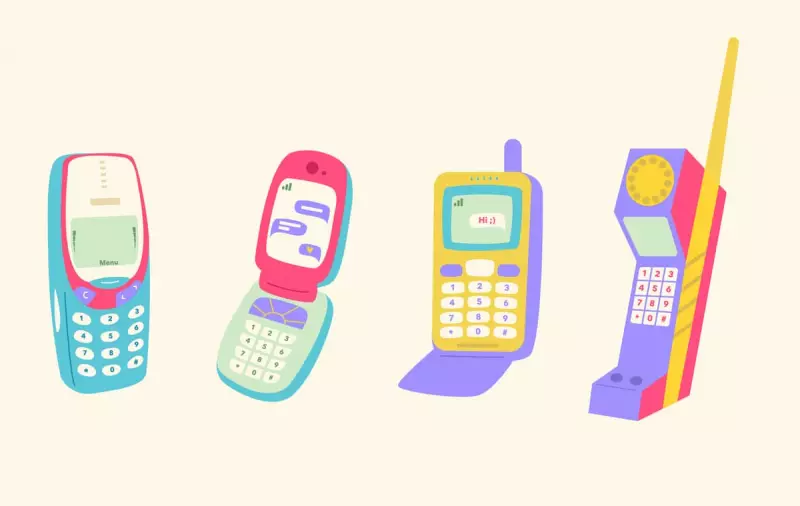
For millions of British parents, the decision of when to give their child a first smartphone is a modern-day rite of passage fraught with anxiety. New guidance, however, suggests that the focus should shift from restrictive controls to active involvement and open communication.
A growing body of research indicates that simply installing the strictest parental controls may be less effective than once thought. Experts now advocate for a collaborative approach, where parents guide their children to become discerning digital citizens rather than building impenetrable digital walls.
Why Involvement Trumps Invasion
The instinct to lock down a new device is understandable. Yet, findings suggest that overly restrictive measures can hinder a child's ability to learn critical online safety skills for themselves. The goal is not to create a risk-free online environment—an impossible task—but to build a child's resilience and judgement.
"It's about moving from being a border guard to a coach," the report advises. This means having ongoing conversations about content, contact, and conduct online, rather than a one-off installation of monitoring software.
The New Rules of Digital Engagement
So, what does this 'coaching' approach look like in practice?
- Co-viewing and co-playing: Engage with the apps, games, and platforms your child uses. Ask questions and show genuine interest.
- Establish a 'family tech agreement': Collaboratively set boundaries for usage times, appropriate apps, and online behaviour.
- Create tech-free zones: Designate meal times and bedrooms as phone-free areas to encourage offline interaction.
- Teach them to curate their feed: Show your child how to block, report, and unfollow, empowering them to control their own online experience.
Navigating the Social Minefield
For many children, the primary motivation for a phone is social connection and the fear of being left out of group chats or friendships. Completely denying access can lead to social isolation. The challenge for parents is to balance this social need with safety, encouraging positive interactions and teaching them how to navigate negative ones.
The consensus is clear: there is no single 'right age' for a first phone. Readiness depends entirely on the individual child's maturity and their understanding of the digital world. The most powerful tool in a parent's arsenal isn't a top-tier app blocker; it is open, ongoing, and non-judgemental conversation.





